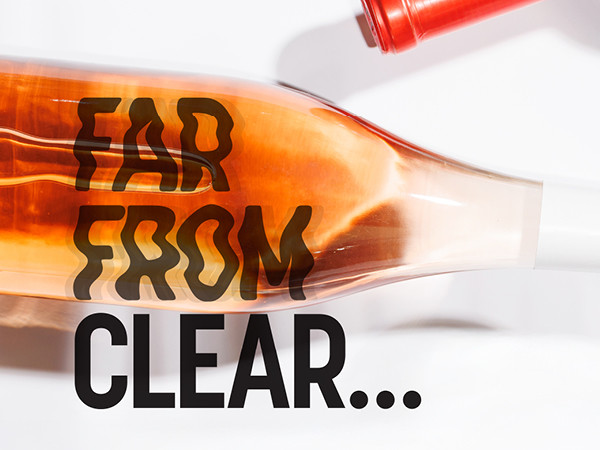
Published: 25 April, 2025
The glass bottle has been a fixture of the wine world since the 17th century, while the earliest examples date back to the Roman era. Impermeable and inert, it remains the universal vessel of choice, but a growing consumer awareness of its carbon footprint could yet threaten that status, meaning its days would be numbered. Estimates vary, but glass production accounts for up to half the CO2 in a typical bottle of wine. The material is energy intensive, with gas used to heat furnaces to 1,700ºC for its manufacture. Then there’s the impact of shipping as bottles, many of them needlessly heavy, are hauled across the world, with the IWCA (International Wineries for Climate Action) estimating that transport accounts for 15.9% of the average winery’s emissions. Theoretically, glass has an infinite life – the UK boasting one of the better recycling rates at 74.2%, according to British Glass – but the process is notoriously complex, requiring rigorous colour sorting, and it uses energy.
Read more...
|
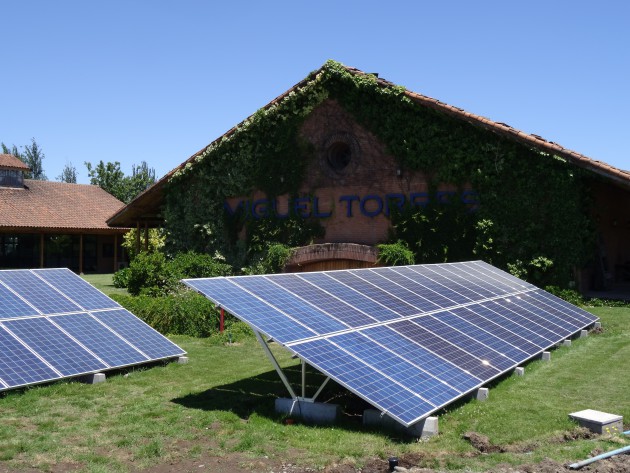
Published: 25 February, 2025
International Wineries for Climate Action (IWCA), in collaboration with a number of leading Chilean and Argentinian wineries, has announced the launch of the first greenhouse gas (GHG) calculator for the Latin America wine industry.
Read more...
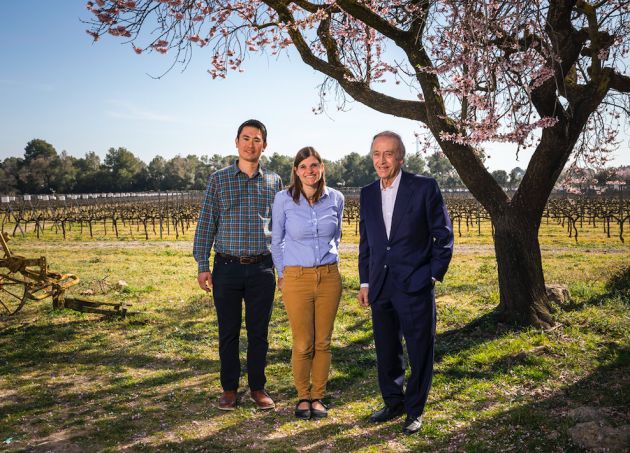
Published: 12 December, 2023
International Wineries for Climate Action (IWCA) has penned an open letter to wine trade CEOs and press regarding the forthcoming resolutions at COP28 in Dubai.
Read more...

Published: 29 November, 2023
The alcohol industry is tasked with helping consumers bridge the gap between their appetite for sustainable solutions and following through, writes Jo Gilbert.
Read more...

Published: 30 October, 2023
Three top wineries have achieved silver member status as part of the International Wineries for Climate Action (IWCA) – a sustainability initiative founded in 2019 by Familia Torres of Spain and Jackson Family Wines in the US.
Read more...
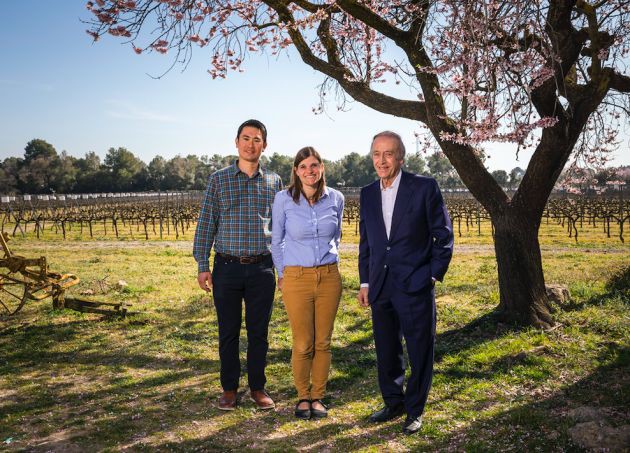
Miguel A. Torres, president of Familia Torres has urged the wine industry to do more to combat climate change in an open letter.
Read more...

Published: 03 April, 2023
International Wineries for Climate Action (IWCA) has reached the milestone of 40 wine-producing member companies spread across five continents and 10 countries worldwide.
Read more...
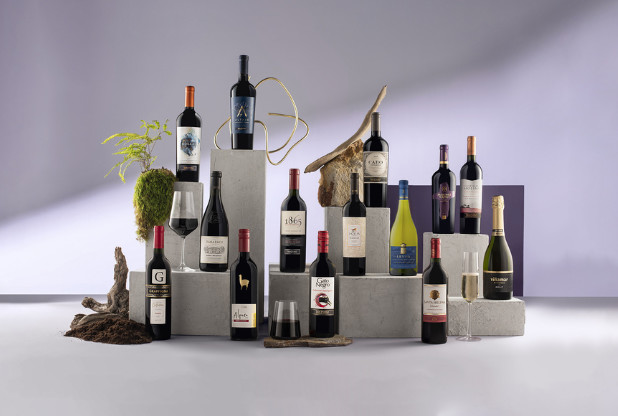
Published: 06 February, 2023
VSPT Wine Group has announced the launch of a new subsidiary – VSPT UK – to strengthen its distribution and service to the market and retailers.
Read more...
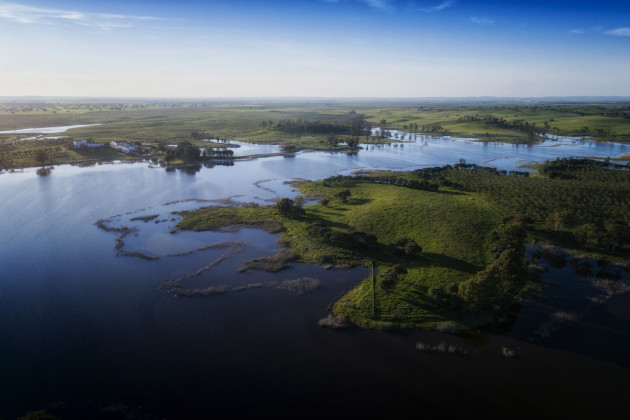
Herdade dos Grous has joined the International Wineries for Climate Action (IWCA), committing to reduce Greenhouse Gas (GHG) emissions annually and achieve carbon neutrality by 2050.
Read more...
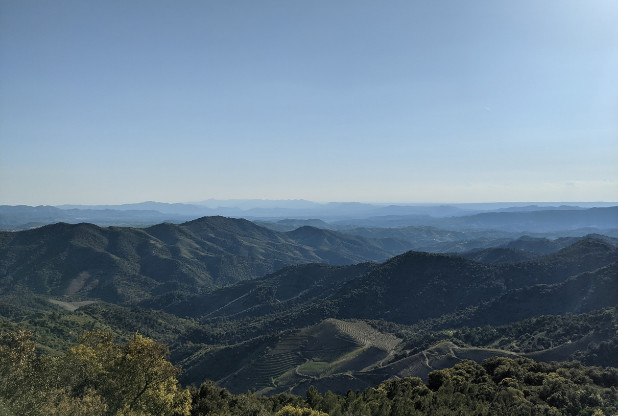
Following a successful debut last year, the 2nd Symposium on Regenerative Viticulture brought together wine producers from across the globe (via video link) to discuss the benefits of the regenerative model and why more vineyards should use it.
Read more...
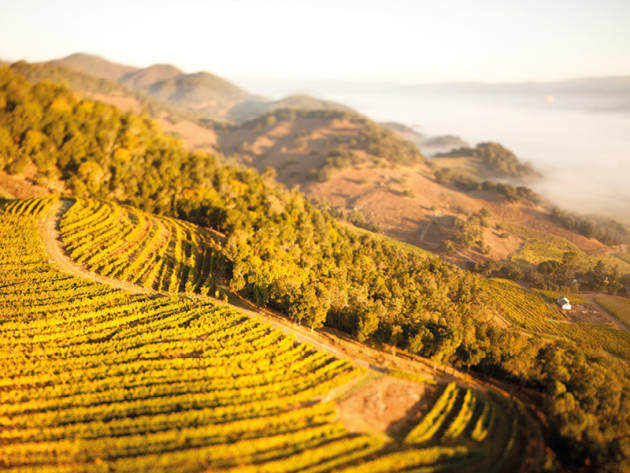
Published: 17 November, 2021
Wine and spirits are, at their heart, agricultural products, albeit given the somewhat magical twist of fermentation or distillation. Which means that any adverse affect from climate change can and will filter through to the final product, literally under the consumer’s nose, rather than just remaining a more peripheral concern in the wider world. Producers of wine especially are increasingly aware of what was described as an “existential threat” to their livelihoods, as outlined at a recent International Wineries for Climate Action (IWCA) seminar in London.
Read more...
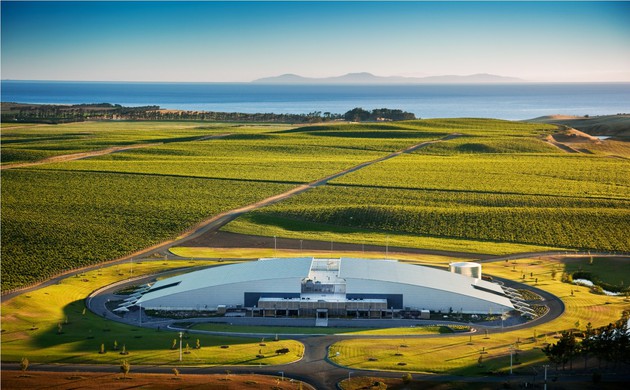
Published: 04 November, 2021
Twenty-two CEOs and senior leaders of International Wineries for Climate Action (IWCA) have written an open letter to all CEO’s in the wine industry calling on them to begin working towards net zero emissions by 2050.
Read more...
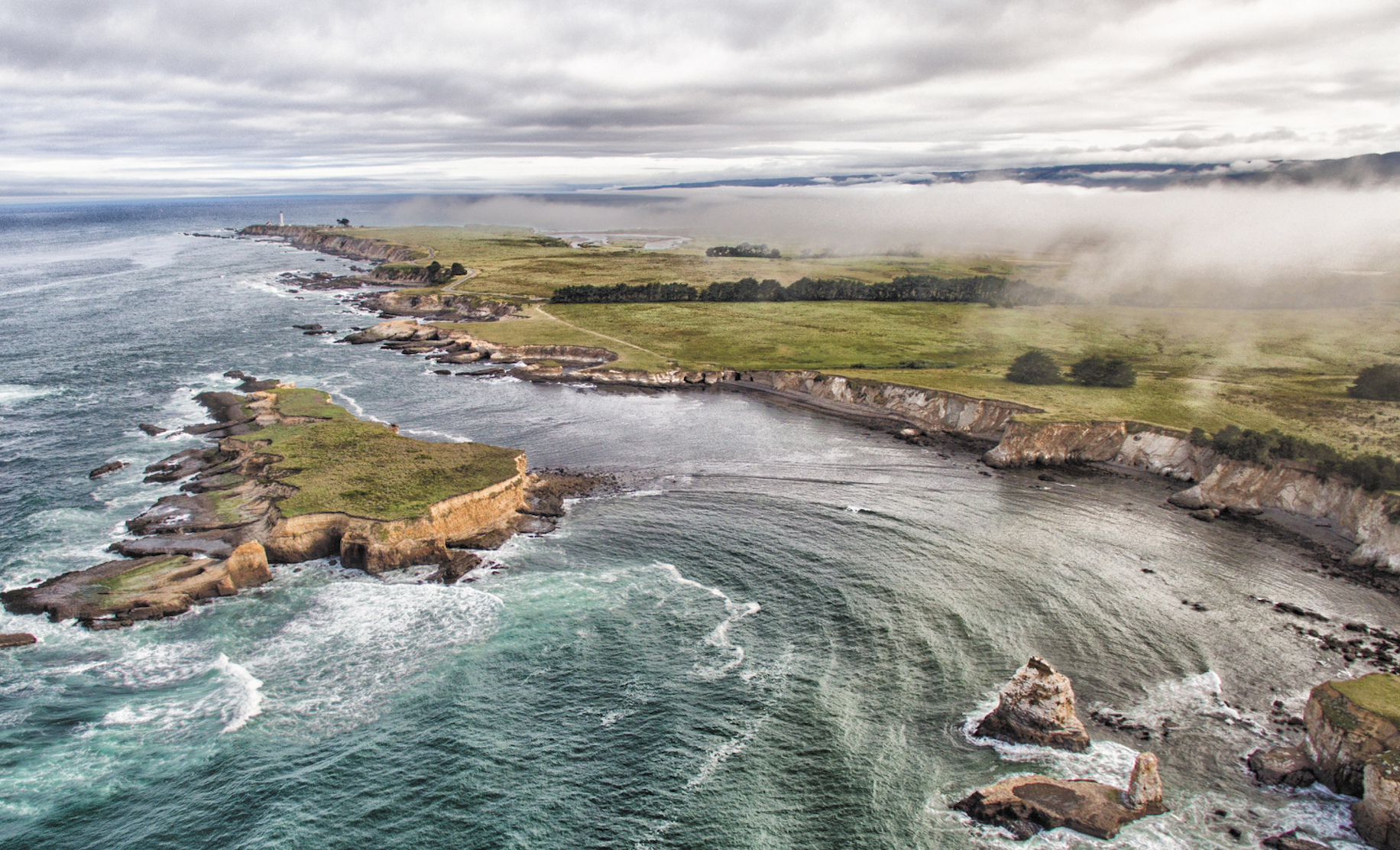
Published: 30 September, 2021
The International Wineries for Climate Action (IWCA) grouping has accepted application for membership from 12 new wineries to join its ranks.
Read more...

Published: 09 December, 2020
Among many insightful climate-related sessions at the Future of Wine Forum 2020, the plenary discussion on what wine industry leadership should look like stood out. Andrew Catchpole reports
Read more...


















